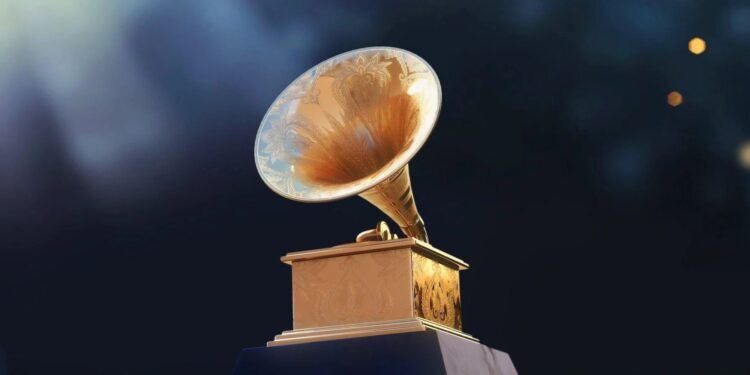The Grammy Awards: From 1959 to Today
The Grammy Awards stand as one of music’s most prestigious honors, recognizing outstanding achievements in the recording industry since their inception in 1959. This landmark awards ceremony has evolved dramatically over the decades, reflecting changing musical landscapes while maintaining its status as music’s biggest night.
The Inaugural Ceremony: 1959
The first Grammy Awards ceremony was held on May 4, 1959, simultaneously at the Beverly Hilton Hotel in Los Angeles and the Park Sheraton Hotel in New York City. Unlike today’s televised spectacle, this inaugural event was an intimate industry affair. The Recording Academy (then called the National Academy of Recording Arts and Sciences or NARAS) presented awards in 28 categories, a modest number compared to the 80+ categories recognized today.
Notable winners at the first ceremony included:
- Domenico Modugno’s “Nel Blu Dipinto Di Blu” (Volare), which won both Record of the Year and Song of the Year
- Henry Mancini, who took home the Album of the Year for “The Music from Peter Gunn”
- Ella Fitzgerald, who won Best Female Vocal Performance
- Perry Como and Ross Bagdasarian (as David Seville & The Chipmunks), who split the Best Male Vocal Performance award
The ceremony acknowledged various genres including classical, jazz, country, and R&B, establishing from the beginning the Grammys’ intent to celebrate music in all its forms.
Evolution Through the Decades
The 1960s saw the Grammys begin to embrace rock and roll, though somewhat cautiously at first. By 1971, the ceremony was broadcast on television for the first time, dramatically increasing its visibility and cultural impact.
The 1970s and 1980s witnessed the awards expanding to include emerging genres like disco, reggae, rap, and metal. Michael Jackson’s historic night at the 1984 ceremony, where he won eight awards for “Thriller,” remains one of the Grammys’ most iconic moments.
In the 1990s and 2000s, the ceremony continued to evolve with the addition of categories for alternative music, electronic dance music, and more specialized genres. The Recording Academy has periodically restructured categories to better reflect the current musical landscape.
Cultural Significance and Controversies
The Grammy Awards have often served as a cultural barometer, highlighting significant musical movements and occasionally stirring controversy. The awards have faced criticism over the years for perceived biases in genre representation, voting processes, and diversity issues.
Notable controversies include Jethro Tull winning the first Heavy Metal Grammy over Metallica in 1989, Macklemore’s win over Kendrick Lamar in 2014, and various perceived snubs of significant artists. The Recording Academy has made efforts to address these concerns through initiatives aimed at increasing diversity and transparency.
Legacy and Impact
Despite controversies, a Grammy Award remains one of music’s highest honours. The distinctive gramophone trophy symbolises excellence and has helped launch countless careers while cementing the legacies of established artists.
From its humble beginnings in 1959 to today’s global broadcast reaching millions of viewers, the Grammy Awards continue to celebrate musical excellence across genres and generations, evolving alongside the industry it honours.
As we reflect on over six decades of Grammy history, we see not just the changing face of music but also its enduring power to unite, inspire, and define cultural moments. What began as a small industry gathering has become an institution—a yearly testament to the artists whose work shapes our cultural landscape.
newshub


Recent Comments